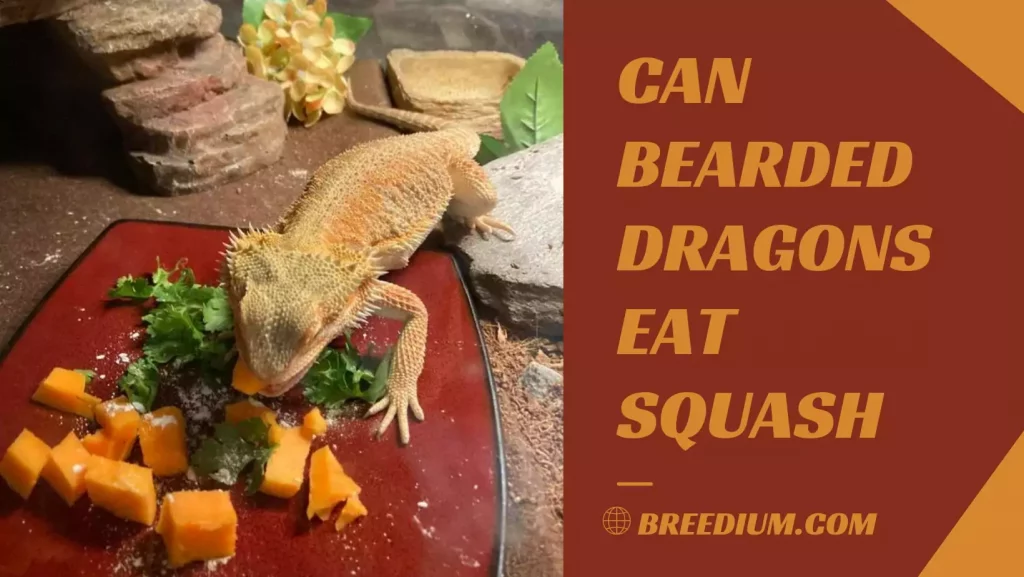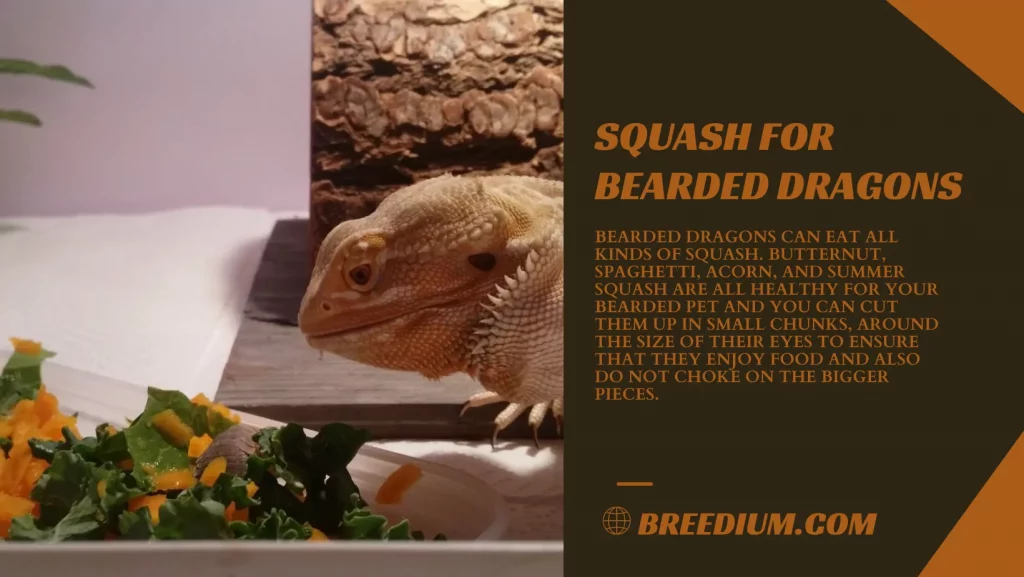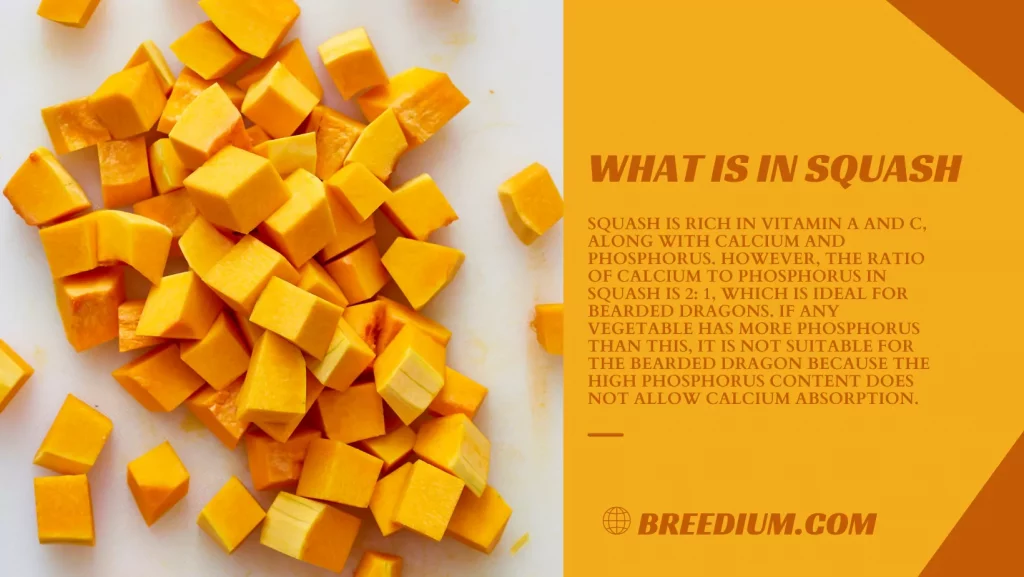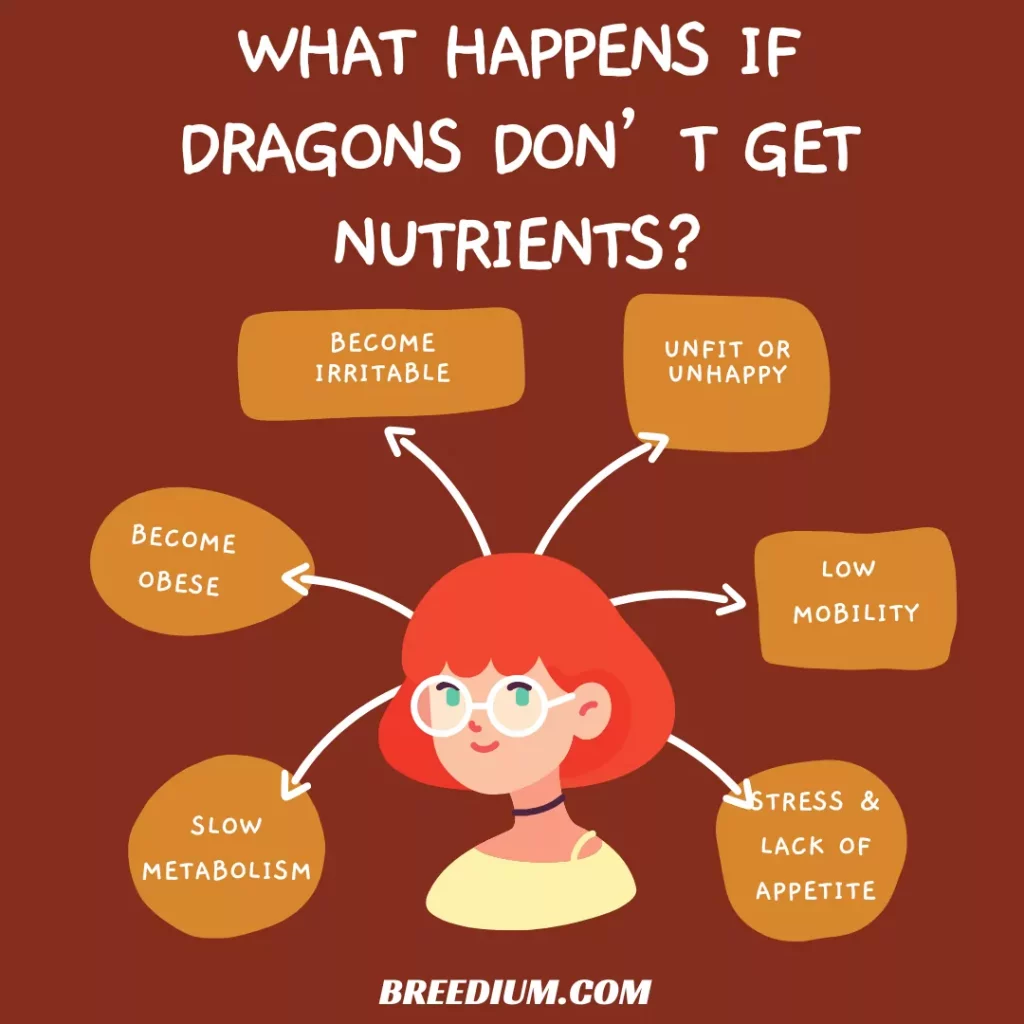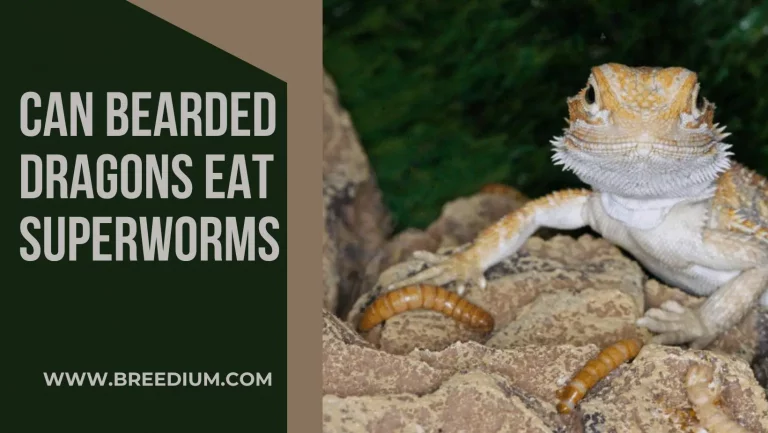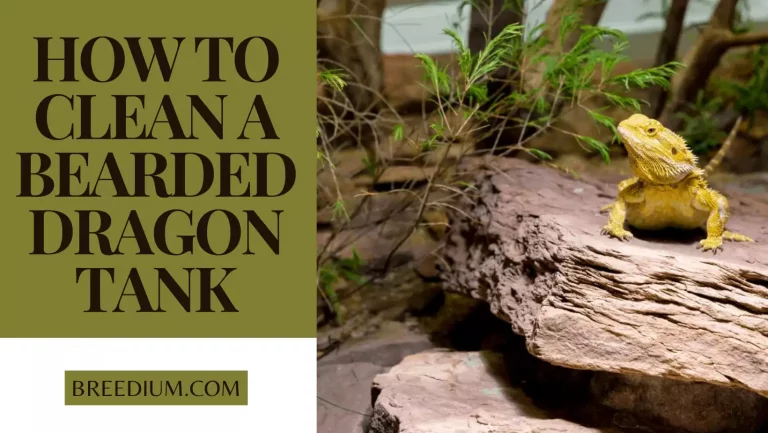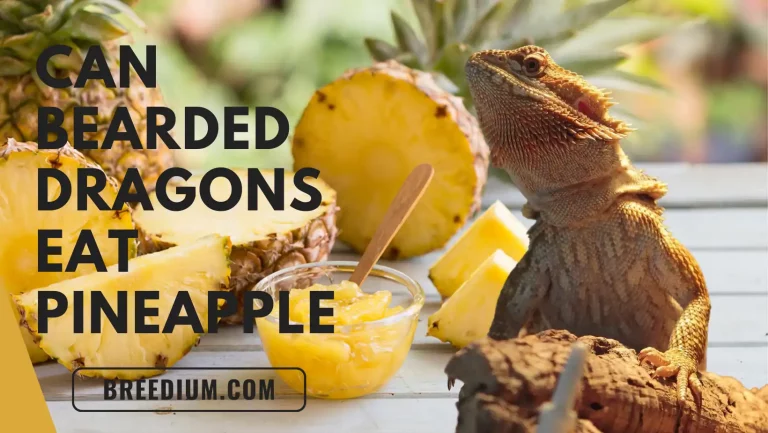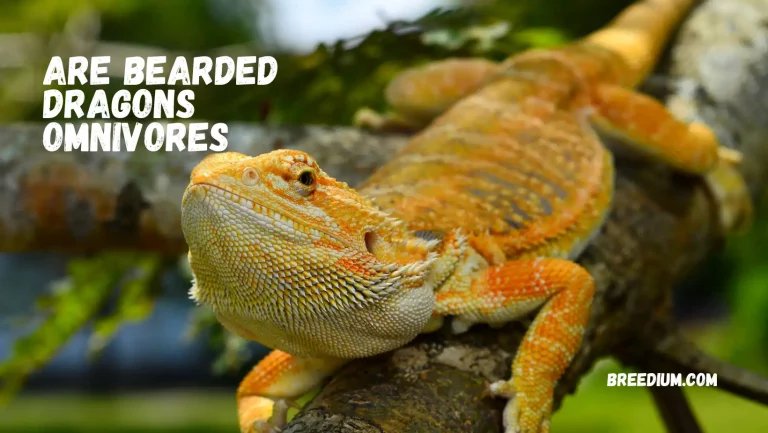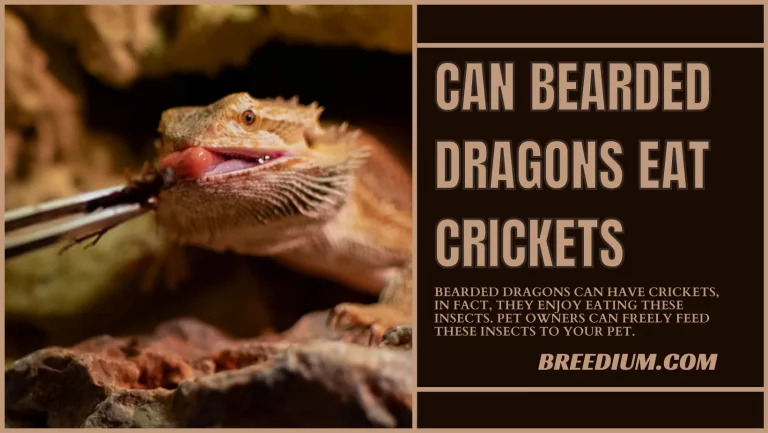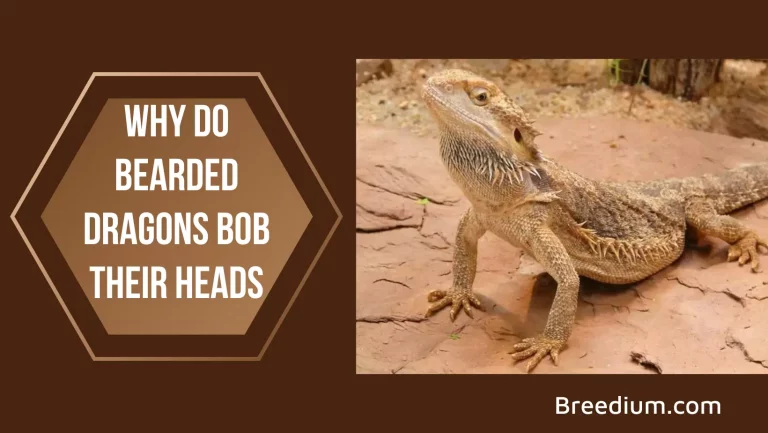Can Bearded Dragons Eat Squash? | Safe Vegetable Choices 2024
Bearded dragons have sensitive digestion, and what is even more interesting is that their diet consists of 75% insects and only 25% vegetables and fruits. Since there is so little that they can consume daily, can bearded dragons eat squash?
Pet owners ask about various vegetables and fruits because when they can feed a small fraction that should be something that is worth all that it offers! The nutritional value of each item matters as bearded dragons must get their daily nutrition, and it should also be something that suits them for growth and well-being.
Can Bearded Dragons Eat Squash
Bearded dragons can eat all kinds of squash. Butternut, spaghetti, acorn, and summer squash are all healthy for your bearded pet and you can cut them up in small chunks, around the size of their eyes to ensure that they enjoy food and also do not choke on the bigger pieces.
You do not need to cook squash as bearded dragons eat raw and they like the taste of squash. We all have food choices and there are so many things that are good for us but we do not enjoy them. However, there are some things that are nutritious and loved by all. Squash is a liked vegetable and bearded dragons enjoy eating it while it provides good nutrition as well. Also, have a look at Can Bearded Dragons Eat Yellow Squash.
Bearded dragons need a varied diet that provides vitamins, minerals, and most importantly calcium and protein. While much of their protein requirement is fulfilled by insects, these pets require high-nutrition vegetables to support the protein and ensure there is no wastage.
Squash is rich in vitamins A and C, along with calcium and phosphorus. However, the ratio of calcium to phosphorus in squash is 2: 1, which is ideal for bearded dragons. If any vegetable has more phosphorus than this, it is not suitable for the bearded dragon because the high phosphorus content does not allow calcium absorption. When dragons cannot absorb the calcium they become weak and their bones become depleted, which results in metabolic bone disease. This disease is dangerous for dragons as it results in paralysis and may be fatal as well!
Squash, whichever type you choose for your dragon, also has good amounts of fiber, which ensures a healthy metabolism. This vegetable gives more energy and as it slowly digests, all the nutrients are absorbed properly. The reason we always recommend raw squash is that when you cook vegetables they lose much of their nutritional value. Dragons require every bit of nutrition because their bodies use it up and they get deficient in vitamins and minerals rather quickly.
What Happens If Dragons Don’t Get Nutrients
If your bearded dragon misses out on any nutrient, it will become irritable and will also show signs like anxiety, stress, lack of appetite, and low mobility. Nobody wants to see their pet unfit or unhappy. Therefore, it is best to mark all the vegetables that offer more nutrients. The best way to ensure that your bearded pet is getting all the essential nutrients is to understand what each vegetable contains. Some vegetables have more sugars, which are not beneficial.
Squash marks this point as well as it does not have high sugar content. As we mentioned earlier, bearded dragons have a slow metabolism. This slow process of food digestion does not allow any intake of sugar or fat. If you feed any vegetable or fruit with high sugars, your dragon might become obese and this also causes low mobility.
The slow metabolism of bearded dragons also does not allow them to have a lot of rich fruits that have high water content. Even with vegetables, you must offer ones with moderate water content. All kinds of squash have just the right amount of sugar and water and that is why it is one of the few vegetables that are suitable for daily consumption. Also, read Can Bearded Dragons Eat Pumpkin Seeds.
How To Feed Squash To Bearded Dragons
You can cut raw squash into small chunks and try to keep it free from any hard skin or green pulp that is close to the skin. The skin and green, and the hard pulp can be hard to chew and swallow. If the bearded dragon eats good vegetables but does not break them down into a semi-solid, or chewed state, it can cause impaction. In bearded dragons, impaction can lead to low mobility of hind legs and eventually, they stop moving.
Always ensure that you give very small cubes or grated squash so that they enjoy their daily intake and there is no risk of any physical disorder due to the wrong size of food pieces. Pet owners have to be careful because dragons do not express their pain or discomfort. Their behavior changes and they seem aloof, or anxious. If you give them good nutrition, always make sure that they will enjoy it and not become irritable or anxious only because the serving size was not suitable. In addition, you can check out Can Bearded Dragons Eat Butternut Squash.
Conclusion
Bearded dragons can eat squash because it offers the right amount of vitamins, minerals, and other nutrients. However, pet owners must not give cooked or large pieces of squash so that they can see their pets grow well and happily.
Frequently Asked Questions
Which squash should I give to my bearded dragon?
Squash is a good vegetable for bearded dragons and you can give them any type, but acorn and spaghetti squash have more vitamins and fiber. You can cut this vegetable into tiny pieces and feed your dragon.
What kind of vegetables can I give with squash?
You can feed capsicum, collard, turnip greens, and cabbage to your dragon. They will enjoy these vegetables greatly. However, it is best to consult a vet and ensure that you design a diet that is best for your dragon individually.

Emma is a pet enthusiast, and her way with words makes her an expressive writer. Her interests lie in healthcare and planning nutrition for various pets. She has two girls, and she’s passing her passion to them through occasional volunteer projects in the small neighborhood zoo. Emma joined our team as an enthusiast and has added more years to her experience by researching more about various creatures!

